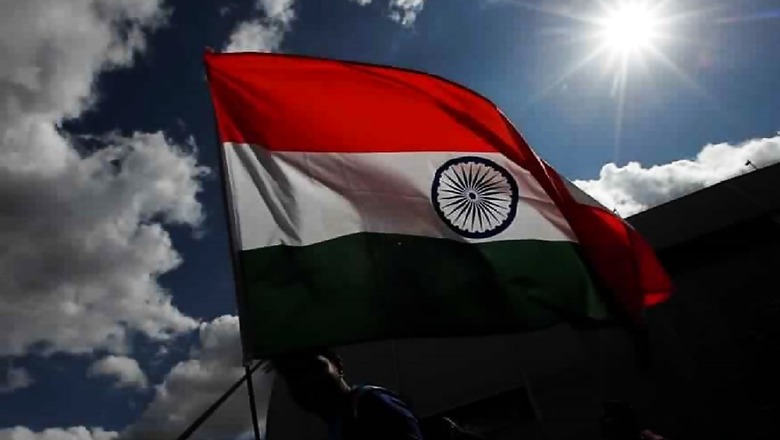
views
India has initiated a probe into the alleged dumping of a chemical, used in pharmaceutical and agrochemicals industries, from China and South Korea following a complaint by a domestic manufacturer. Cabot Sanmar Ltd filed the application before the commerce ministry's investigation arm DGTR, seeking initiation of an anti-dumping probe concerning imports of 'Untreated Fumed Silica' from these two counties.
The company has alleged that material injury is being caused to the domestic industry due to dumped imports from China and Korea and has requested for the imposition of anti-dumping duty on the imports, according to the notification of the Directorate General of Trade Remedies (DGTR). On the basis of prima facie evidence submitted by the industry, "the authority, hereby, initiates an investigation", it said.
In the probe, the directorate will determine the existence, degree and effect of any alleged dumping in respect of the product from China. If DGTR will find that there is dumping and it is impacting the domestic manufacturer, it will recommend the amount of anti-dumping duty, which if levied would be adequate to remove the injury to the domestic industry.
While the DGTR recommends the duty, the finance ministry imposes the same. The period of investigation is April 2019-March 2020. It would also look into the data of the 2016-19 period.
In international trade parlance, dumping happens when a country or a firm exports an item at a price lower than the price of that product in its domestic market. Dumping impacts the price of that product in the importing country, hitting margins and profits of the manufacturing firms.
According to global trade norms, a country is allowed to impose tariffs on such dumped products to provide a level-playing field to domestic manufacturers. The duty is imposed only after a thorough investigation by a quasi-judicial body such as DGTR in India. The imposition of anti-dumping duty is permissible under the World Trade Organization (WTO) regime.
The duty is aimed at ensuring fair trading practices and creating a level-playing field for domestic producers vis-a-vis foreign producers and exporters.














Comments
0 comment